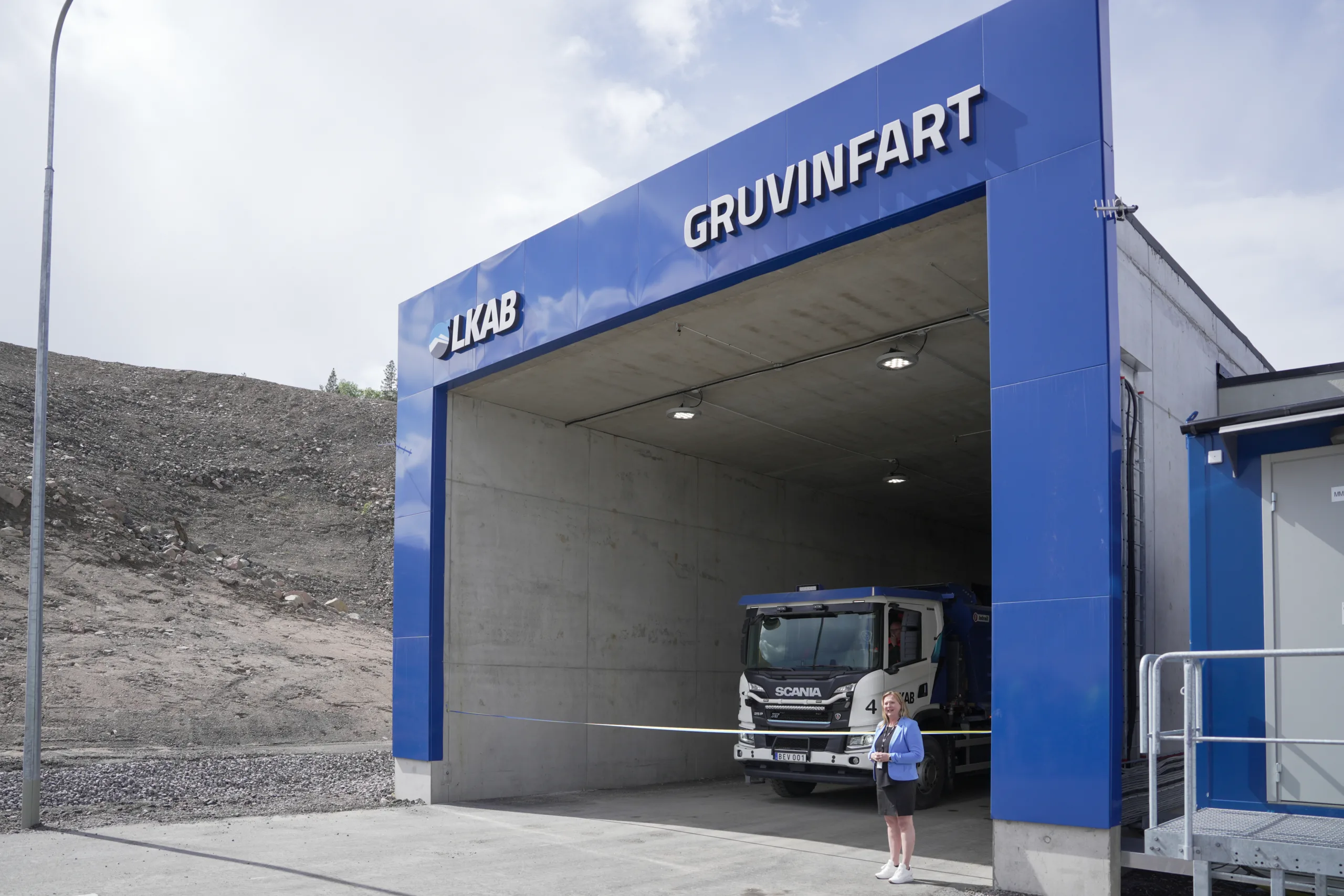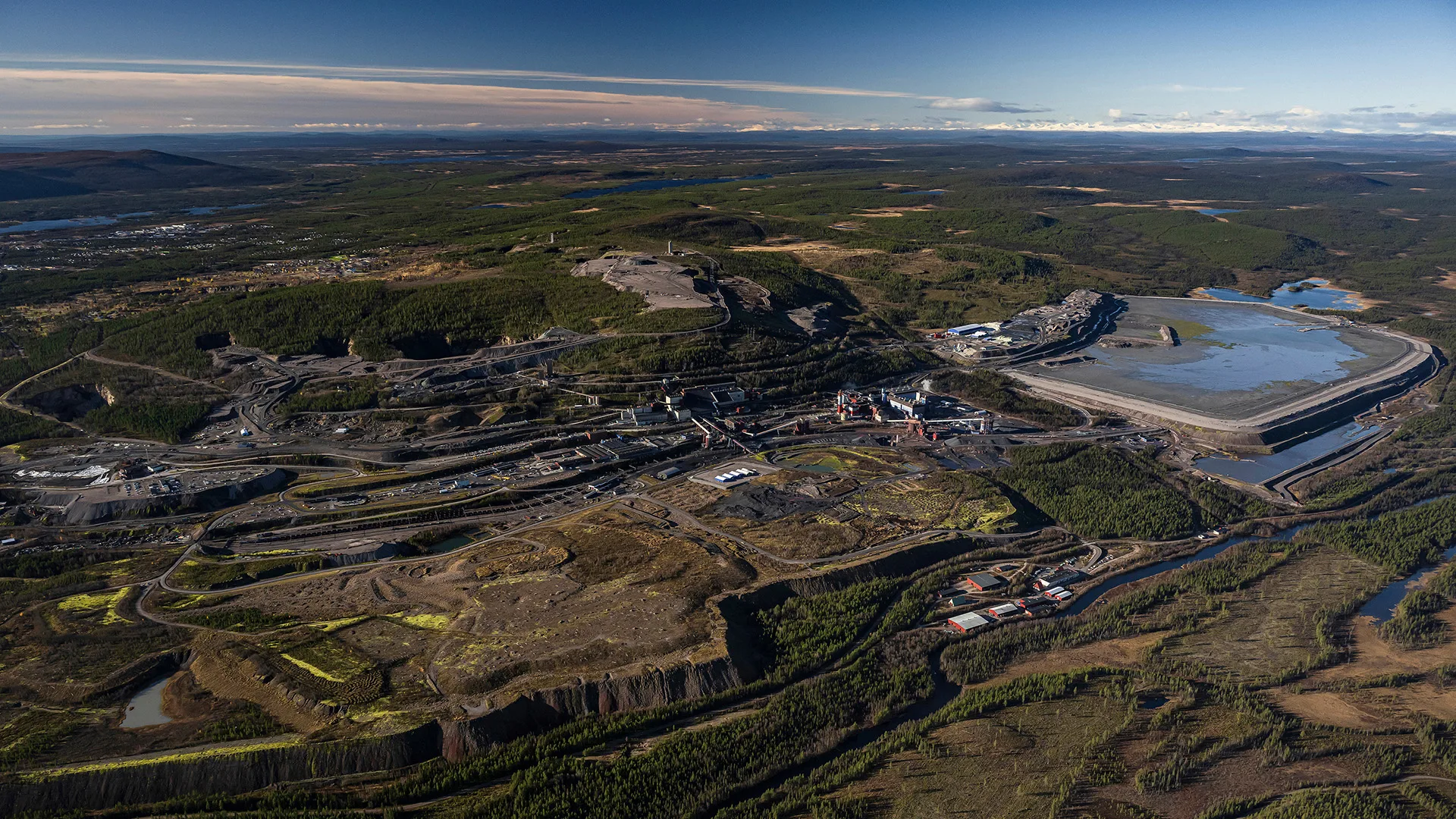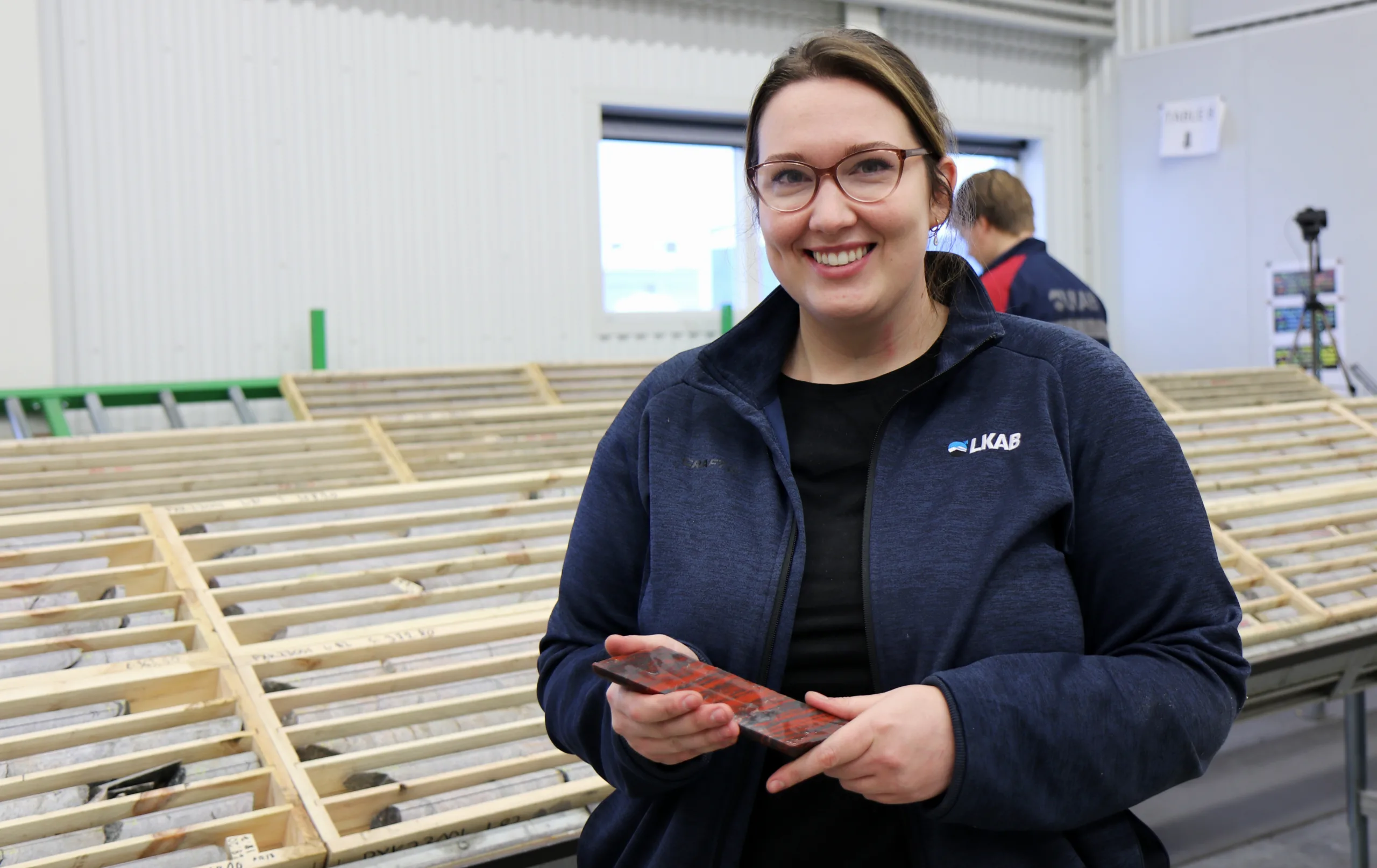LKAB produces world’s first iron ore pellets with fossil-free fuels
Within the framework of the HYBRIT initiative, LKAB has produced the world's first iron ore pellets using fossil-free fuels. Trials with fossil-free fuel in one of LKAB's processing plants have now reached a level at which pellets can be produced with 100 percent bio-oil instead of coal and petroleum-based oil.
Use of fossil-free fuel, instead of coal and oil, in LKAB’s pellet process is a necessary step towards the achievement of the goal of HYBRIT: to be first in the world to create a value chain for fossil-free steel and thereby reduce Sweden’s total carbon dioxide emissions by 10 percent. HYBRIT is SSAB:s, LKAB:s and Vattenfall’s initiative to create the world’s first value chain for fossil-free steel. The fossil-free iron ore pellets are the initial stage in the value chain, after mining, and a prerequisite for fossil-free steel from the steelmakers.
“This is an historic advance for iron and steelmaking and we are incredibly proud to be the first in the world. Increasingly, consumers are demanding that all links in the production chain must be climate-efficient and, here, LKAB is making a difference. We are now one step closer to achieving our long-term goal to be a leading carbon-dioxide-free player in a fossil-free value chain from mine to finished steel product,” says Markus Petäjäniemi, Senior Vice President Market and Technology, LKAB.
In June HYBRIT commissioned a bio-oil plant at LKAB’s industrial site in Malmberget to supply LKAB’s existing processing plant with bio-oil, fuel which will replace coal and petroleum-based oil. By using biofuel as a heat source for one of LKAB’s pelletizing plants, fossil carbon emissions from the Malmberget operation can be reduced by as much as 40 percent.
“Bio-oil is an important step in the transition process towards freedom from fossil fuels, which is well in line with LKAB’s long-term ambition to switch to carbon-dioxide-free alternatives. We are very pleased that the first iron ore products produced with fossil-free fuels are in now place and available for upgrading to steel,” says Sofia Nordqvist, project manager for HYBRIT.
Concurrently, trials with other carbon-dioxide-free and fossil-free heating technologies are now under way at LKAB’s experimental plant in Luleå.
“Even in these early stages, we are seeing that there are carbon-dioxide-free fuel alternatives that perform better in many respects than LKAB’s conventional fuels, coal and oil.” says Christian Fredriksson, senior research engineer at LKAB.
HYBRIT is an enabler and an important part of LKAB’s long-range plan for the transition towards a future, sustainable iron and steel industry.




